Photo by Author, Solana Beach in California
The last four years of political drama have left us in unprecedented divisive terrains. We now find ourselves in piles of immediate, ongoing, and long-lasting haunting issues. Can we gather our courage, hope, and love and extend it to all people to rebuild the country? We hope so, of course. But hope is not enough; this requires action.
Some may say we need voice. But we’ve also experienced the danger of the repeated loud voices from those with power. Voice influences people. Voice with power can manipulate, mislead, and misguide people, even with apparent false statements and lies.
Democracy. I think of people without power or loud voice—people with vulnerability, fears, and despair. Democracy is not only for the majority voice, but also for the minority or any individuals who have their own concerns.
Voice is not a special right for those with power, fame, wealth, or influence. And when a voice comes from people’s visceral feelings and experiences, it becomes real.
Voice. Some may not know how to express voice because they’ve never had opportunities to voice before. Others may not know they even have a voice because they’ve been beaten up and pushed to the corners and muted for so long.
Little voices, whispers of people. People are suffering from long-lasting disparities, divisions, and segregations. When we truly listen to their voice, it becomes a seed for our conversation and understanding. Voice needs to be heard.
***
At four years old, I had a clear sense of myself, and I soon developed a strong empathy for those less fortunate. I became an advocate and voice for what was right for the welfares of my fellow humans. Whenever I saw someone treated unfairly or less rightfully, it concerned me a lot. I would raise questions and my voice to the systems or people who treated others less favorably. I was too innocent and naive to be afraid of them.
The family that I was born into was pretty liberal, for a Japanese family. But when it came to matters of hierarchy and control of power in our family, nobody raised questions: Papa was the only “ruler.” I began to fear how that power affected me. Sometimes I felt terrified enough not to voice anything and to keep quiet.
When I was in the second or third grade, I often saw a classmate from a low-income family get bullied by a group of girls I hung around with. Every time I saw her get bullied, empathy and a need for justice rose within me. I tried to protect her and told the other girls to be more considerate of her. As she escaped from the bullies, the girl secretly thanked me.
But what I ended up with was isolation: the group of girls excluded me. It was painful. But the most devastating fact was that the girl I’d protected from the bullies joined the group, then started bullying me. I understood the bullies’ dark plan, the girl’s own calculation, and her desire to “belong to the power.” I became a victim of such power plays. But I actually felt sorry for both the girl and the bullies, who were enticed by the illusion of power and lost their virtues.
Since these tender years, I’ve experienced similar situations many times. I was too pure to lean toward any powers for my own survival or convenience. I never learned to avoid conflicts cleverly. But I knew that if I bent for my personal gain, I would suffer from the consequences of not being truthful to myself.
Japan, the country where I grew up, imposes many cultural and traditional rules, and while I lived there, I came across many issues, both small and large. Some issues were less complex but were filled with nonsense and political or power-based bureaucracies. As innocent as I was, I walked into the world of complication, ugliness, and invisible barriers in my real life.
Despite the voice inside me, I lacked the confidence, agency, and tenacity to effectively voice my concerns. After many defeats and beatings, I finally chose to mute my voice. The challenges had affected me deeply and proved too much for my hope and love for people and the world. I sunk into the muted life for a long time. So I know what “voiceless” means to me and to anyone who feels defeated and hopeless.
***
Many years have passed, and I have strengthened my core body and soul in my practical and spiritual life. I thank my late husband and Buddhist teaching for allowing me to live a truthful life. After my late husband’s passing, profound challenges hit me hard. Thanks to Brooke Warner and Linda Joy Meyers, I found myself writing as part of continuous spiritual practice. In the end, all the struggles and suffering in the past became integrated into the present moment. It has become the beginning.
I’ve begun to voice in a different way than I did when I was little. But my desires to help people and the world have been stronger and sound. Following a Buddhist path has made me appreciate silence and contemplation more. A voice becomes a voice when it’s heard. But in a quiet moment, contemplatively, I listen to the voices and whispers inside me. Sometimes they are so quiet. They connect me with light.
***
When voice is truly heard, love and comfort flow to those, who are suffering. When we attentively listen to little voices and whispers—just as I do when I take a moment to listen to my inner voice—healing begins. It takes courage, hope, and love to truly listen to the suffering.
But when we do that, healing starts. We begin to feel for those who are suffering, act for them, and unite with them as fellow humans. When a quiet voice becomes a seed for conversation, it is no longer quiet.
Voice, as we speak from our heart, it becomes voice. As we listen to voice wholeheartedly, the voice becomes a true mediator of communication. Then we can rise together as citizens of our planet, for all people, for better understanding, and a better future.
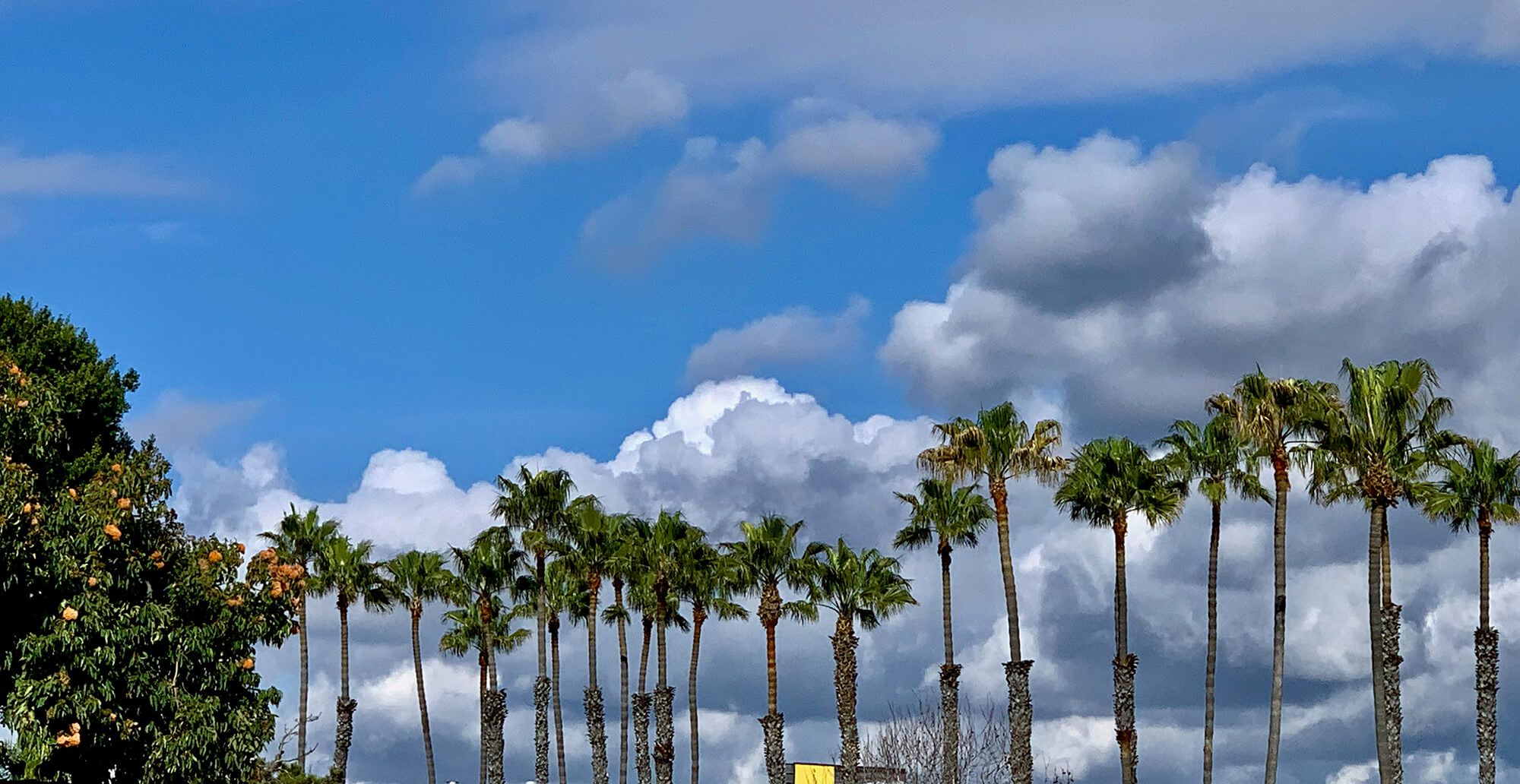
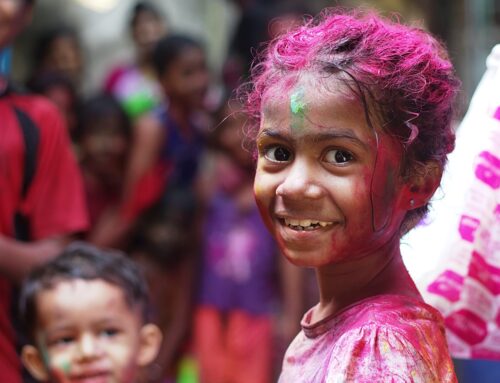
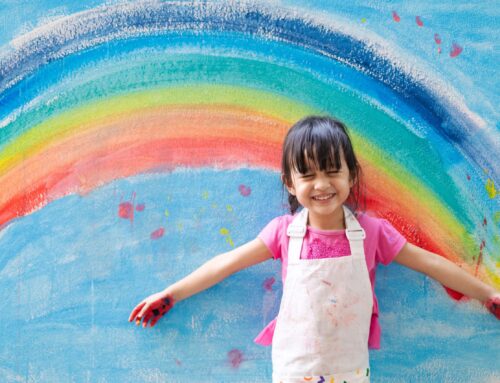

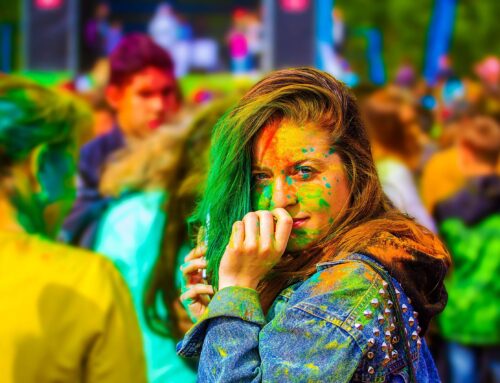
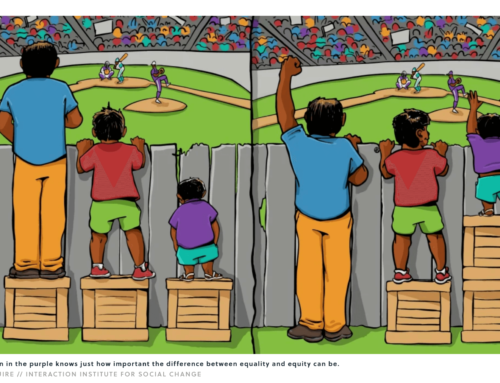


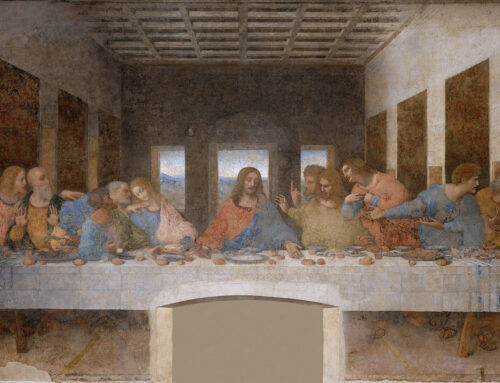

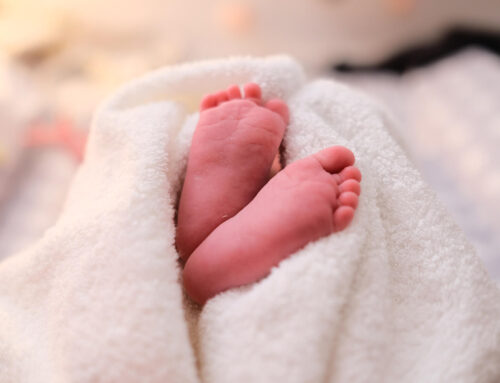


Leave A Comment